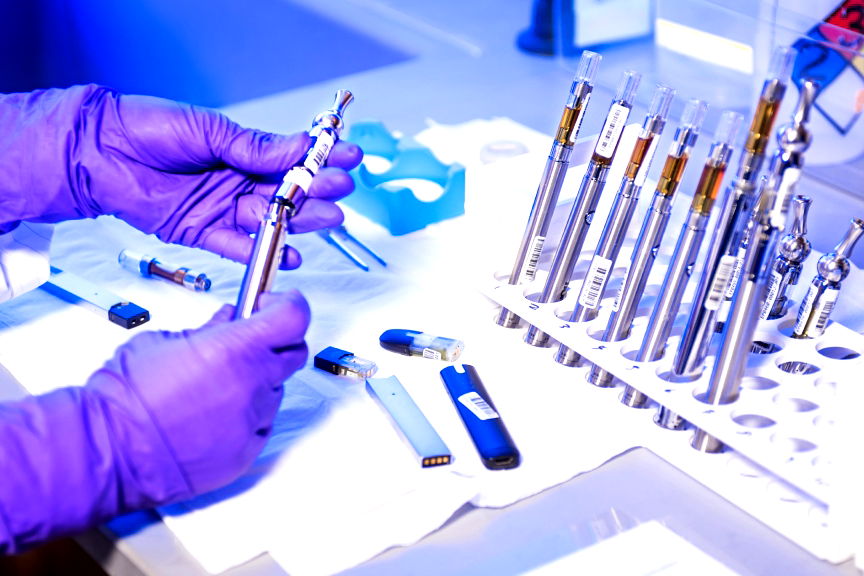Chinese scientists discover potential breakthrough for enhancing women’s fertility


Chinese scientists have identified a naturally occurring substance called spermidine that may enhance women’s reproductive lifespan.
About spermidine: Spermidine, which is found in ovaries and various living organisms, can possibly improve egg quality and potentially increase the success of in vitro fertilization (IVF) treatments.
In the study published on Monday in the journal Nature Aging, researchers demonstrated its ability to enhance the fertility of aged female mice. However, they caution that further research is needed to determine its safety and effectiveness in humans.
“Our findings suggest that spermidine supplementation could represent a therapeutic strategy to ameliorate oocyte quality and reproductive outcome in cisgender women and other persons trying to conceive at an advanced age,” the research team from Nanjing Agricultural University said in a statement, according to the South China Morning Post. “Future work is needed to test whether this approach can be safely and effectively translated to humans.”
Enhancing fertility: The average age of motherhood has been increasing globally, posing challenges in reproductive medicine due to reduced ovarian reserves and declining egg quality with age. Researchers believe that women are born with 1 to 2 million eggs, which gradually decreases over time.
In the study involving mice, they found that spermidine levels in aging ovaries decline, leading to lower egg quality. However, supplementing with spermidine in mice increased spermidine levels, improved egg growth and enhanced fertility.
This research is considered groundbreaking in the field of reproductive medicine as age remains a significant factor in fertility despite advances in IVF techniques.
Share this Article
Share this Article






